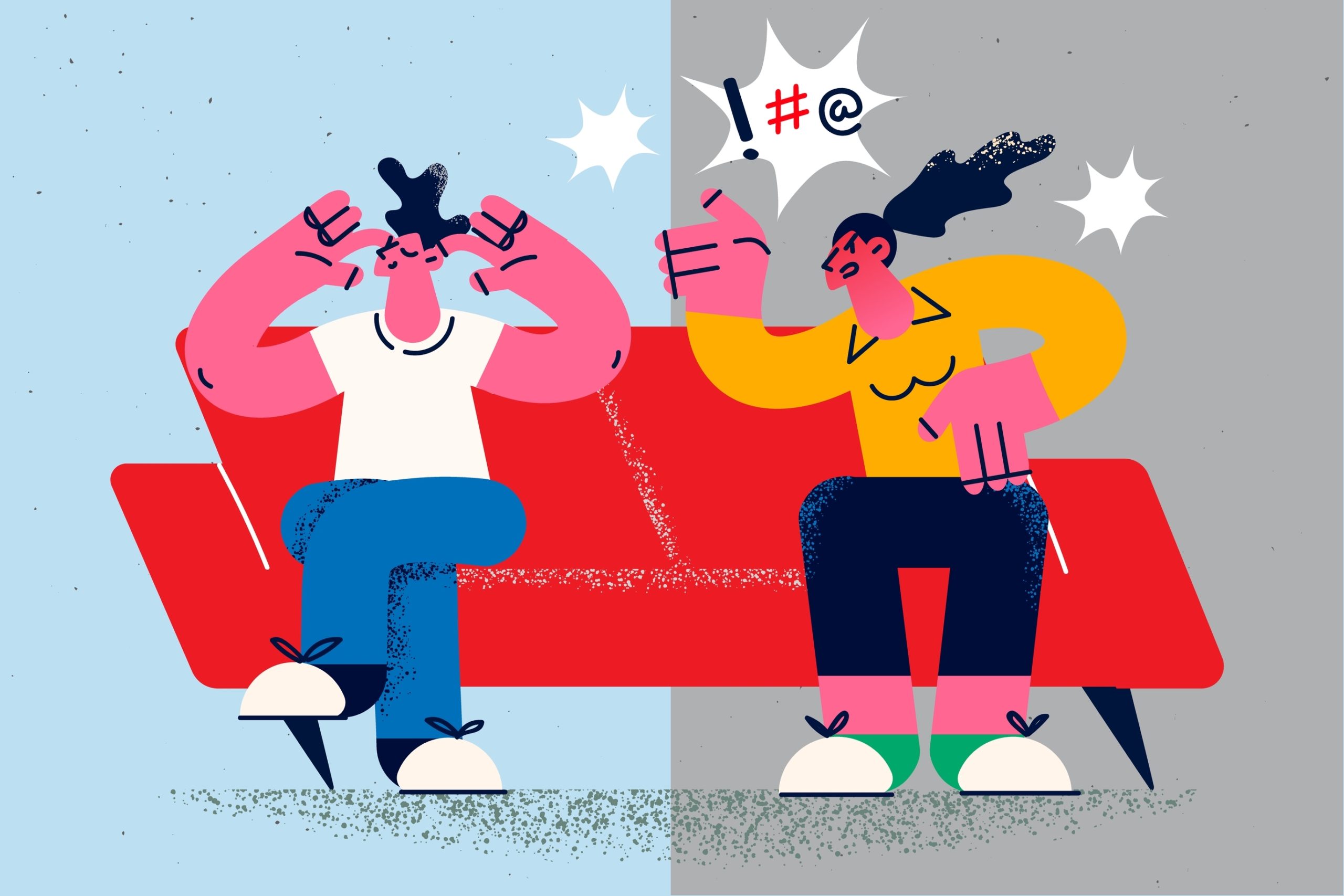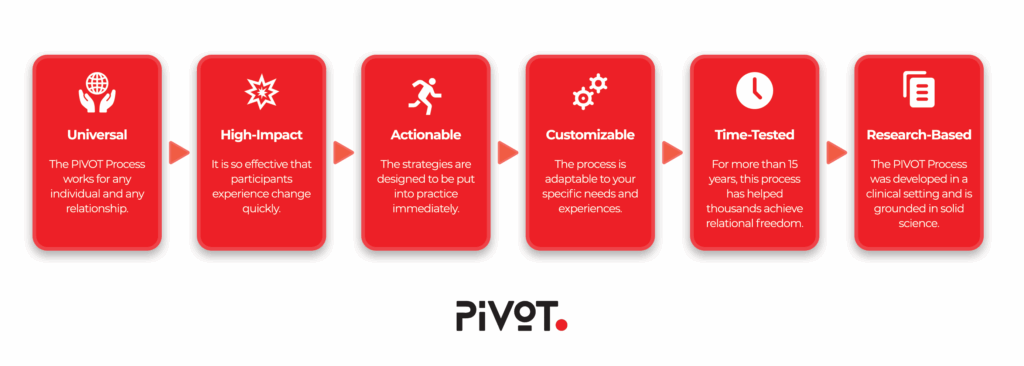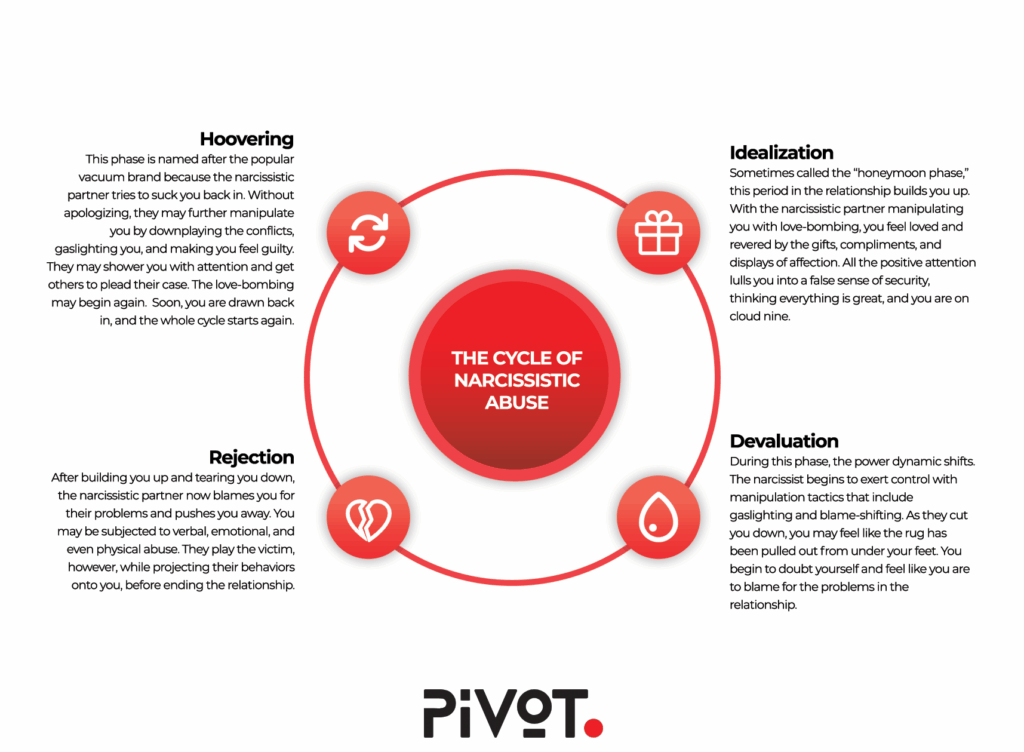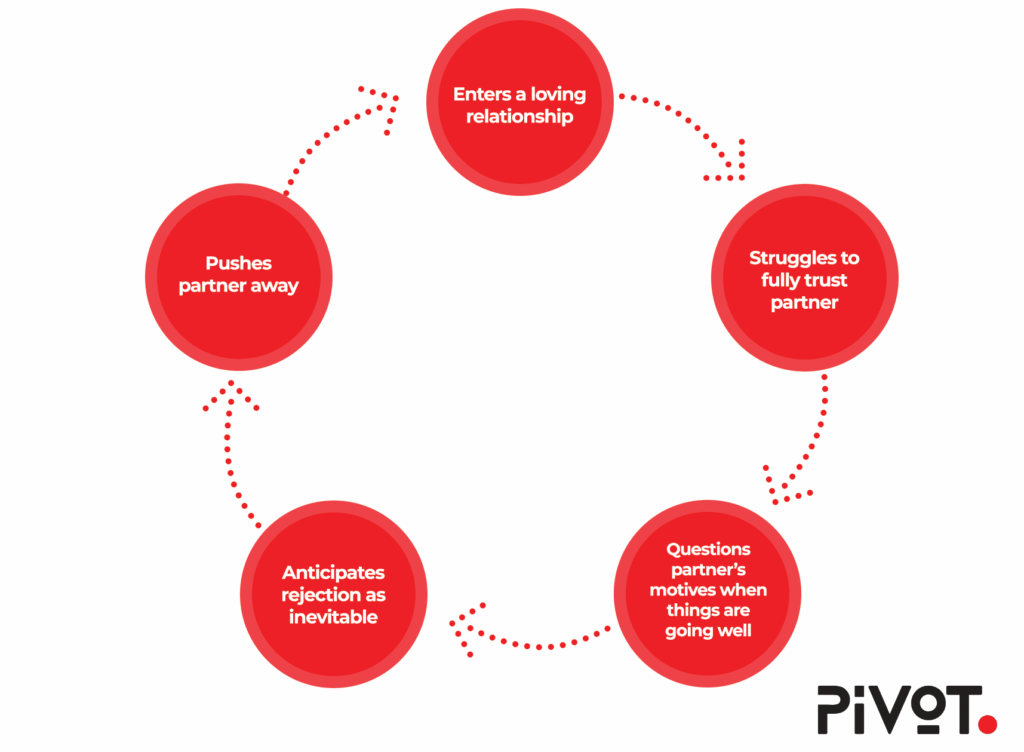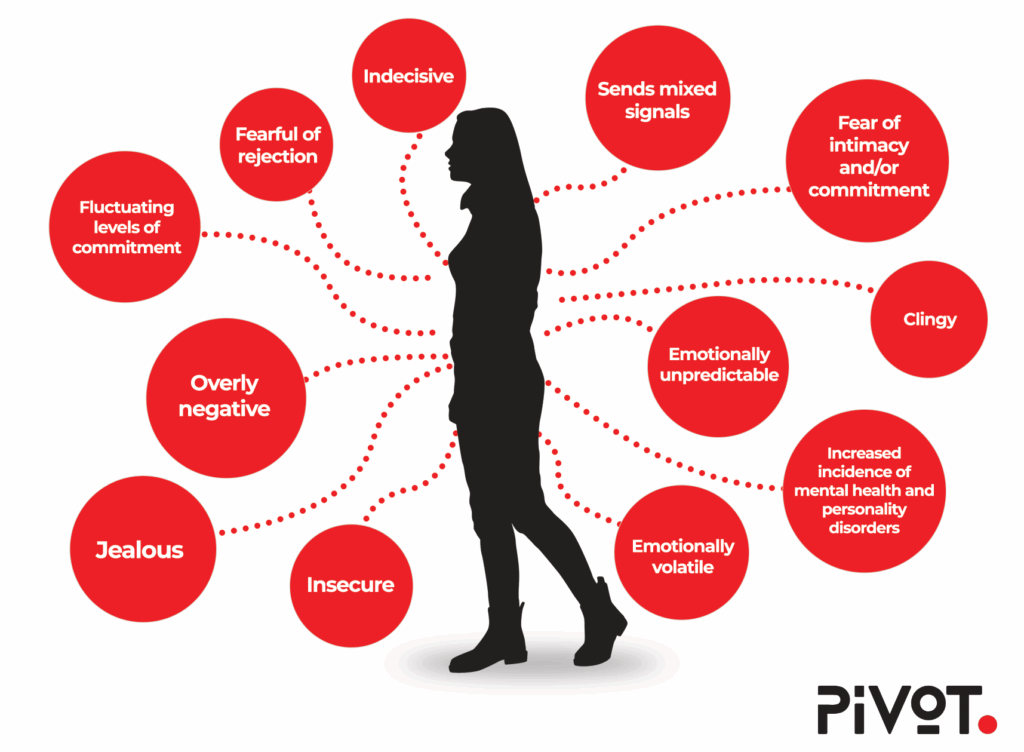Have you ever poured your heart out to someone you love, only to be met with cold, unyielding silence? That crushing moment when your words vanish into a void is stonewalling, and the emotional effects of stonewalling can leave you feeling rejected, alone, and unheard. Conflicts, from minor disagreements to major disputes, are a natural part of human relationships, shaping our stories and interactions.
Yet, conflicts can strengthen bonds when resolved with care. Every resolved dispute builds trust and resilience, making relationships worth fighting for. But when one person stonewalls, shutting down instead of engaging, it halts this process, leaving emotional wounds that can linger.
As the saying goes, “it takes two to tango.” Both partners must work together to resolve conflicts. When one side withdraws completely, stonewalling not only blocks solutions but also deepens feelings of frustration and pain. Understanding its impact is the first step toward healing.
What Does Stonewalling Behavior Mean?
Stonewalling is a communication tactic where one person (“stonewaller”) completely withdraws from a situation or a conversation, creating a metaphorical “stone wall” between them and the person trying to communicate. This type of behavior isn’t exclusive to romantic partnerships alone. Rather, it can occur in friendships, as well as professional and parent-child relationships, too.
While it may seem like a simple coping mechanism, aimed at avoiding conflict and difficult feelings, stonewalling can have severe emotional consequences for the recipient, leading to the question of if stonewalling is gaslighting. Emotional awareness is key in identifying and addressing these issues early. Over time, it can erode mutual trust and destroy the emotional bond that holds the relationship together. Intentional stonewalling, used as a manipulative behavior, can exert power and control over a partner, resulting in emotional abuse and neglect.
Finally, it is important to note that stonewalling can be a form of emotional abuse if it is employed consciously to manipulate, belittle, or humiliate the recipient. For this reason, and the fact that stonewalling is detrimental to everyone involved, it is important to understand its implications, as well as to seek support and help, preferably from a professional relationship coach or counselor, or trusted friends and family members.
What Are The Negative Effects Of Stonewalling In Romantic Relationships?
Without exaggeration, we can say that the emotional consequences of stonewalling can be devastating, both for the recipient and the relationship as a whole. It can make the person on the receiving end feel like their thoughts and feelings simply don’t matter. Like the effort and dedication they put in to connect with their partner and better the relationship is worth nothing, ultimately damaging the emotional connection.
Needless to say, this type of emotional withdrawal can leave a person feeling lonely, rejected, and invalidated. Over time, these feelings can lead to a full breakdown of trust and emotional intimacy which, in turn, can cause feelings of resentment and disconnection toward the stonewaller.
Additionally, when one partner withdraws from a conversation, it does nothing to help resolve the issue. Instead, it leaves the other feeling frustrated and unheard, which only causes increased tension and leads to more arguments, therefore escalating the conflict. Introducing meaningful conversation is crucial to address these challenges effectively.
This causes communication breakdowns where both individuals struggle to effectively express themselves, their needs, and their emotions, yet aren’t able to find any common ground. Ultimately, pent-up anger and frustration may lead to dissatisfaction with the relationship which can (and often does) end up in a breakup, especially if the issue is left unattended.

Stonewalling and Gaslighting: A Closer Look
Stonewalling can be a subtle weapon in gaslighting. When someone shuts down communication—like ignoring your texts during an argument—and later denies the issue even existed, it’s a double blow that leaves you questioning your reality. This overlap makes both tactics especially disorienting.
The emotional toll is heavy: stonewalling breeds frustration and helplessness, while gaslighting sows confusion and self-doubt. Together, they can erode trust and make you feel unheard or unstable. For example, imagine asking, “Why didn’t you respond?” only to hear, “I never saw your message,” despite clear evidence otherwise.
Quick Coping Tips
- Set Boundaries: Calmly state your needs (e.g., “I need us to talk about this”).
- Use ‘I’ Statements: Say “I feel ignored” to express yourself without escalating tension.
- Seek Support: Talk to a friend or therapist to regain perspective.
Stonewalling and Gaslighting: Key Differences and Overlaps
| Aspect | Stonewalling | Gaslighting | Overlap |
|---|---|---|---|
| Definition | Withdrawing from communication | Manipulating someone’s sense of reality | Stonewalling can be used to gaslight |
| Emotional Impact | Frustration, helplessness | Confusion, self-doubt, loss of trust | Both erode trust and cause distress |
| Example | Ignoring texts during an argument | Denying a conversation ever happened | Stonewalling followed by denial |
What Are The Emotional Effects Of Stonewalling?

The emotional effects of stonewalling can be profound and long-lasting, affecting different types of relationships in various ways:
- In romantic relationships, when a partner withdraws, stonewalling can cause feelings of emotional isolation and disconnection. It can erode the trust and emotional connections between partners, creating a sense of emotional distance and dissatisfaction, which can ultimately lead to a breakup. Picture your partner shutting down mid-argument, refusing to respond as you plead for connection—this silence stings like rejection. For someone anxiously attached, the emotional effects of stonewalling can spark fears of being abandoned, deepening the hurt, and making them feel overwhelmed.
- In parent-child relationships, stonewalling can create a sense of confusion and insecurity in the child. They may feel unheard, invalidated, unloved, and even insignificant. This can leave lasting emotional scars on the child’s psyche, which can make it difficult for them to form healthy relationships in the future. Imagine a child asking why their parent is upset, only to get a blank stare in return—it’s like they’re invisible. If they crave closeness, this disconnection can feel overwhelming, planting seeds of self-doubt.
- In friendships, stonewalling can create a sense of rejection and hurt, leaving the other person feeling excluded and unimportant. It can also trigger past traumas and emotional wounds, leading to further distress and emotional pain. Think of texting a friend about a falling-out, only to be ignored for days—it’s a gut punch of exclusion. For those with an avoidant attachment style, the emotional effects of stonewalling might push them to withdraw further, masking their own pain.
- In professional relationships, stonewalling can lead to communication breakdowns, misunderstandings, and a lack of trust among colleagues, which can create a toxic work environment that cripples productivity and morale. Additionally, it can also prevent the resolution of conflicts and hinder problem-solving, leading to negative impacts on job performance and career advancement opportunities. Picture a coworker dodging your emails about a project dispute, leaving you in the dark—it breeds frustration and distrust. Even secure types might feel unsettled, as the silence disrupts teamwork and clarity.
It is crucial to note that stonewalling can leave lasting consequences to the recipient’s mental health, including persistent self-doubt and low self-esteem. In addition, it can exacerbate existing mental health conditions and, in some cases, cause the formation of various psychological disorders such as anxiety, depression, and PTSD (post-traumatic stress disorder). The emotional toll of stonewalling is significant, leading to feelings of disrespect, loneliness, and emotional pain, which can ultimately damage the relationship beyond repair.
The following table summarizes how stonewalling impacts emotions across different relationships, highlighting its far-reaching effects:
| Relationship Type | Emotional Effects of Stonewalling |
|---|---|
| Romantic | Isolation, trust erosion, potential breakup |
| Parent-Child | Confusion, insecurity, feeling unheard, lasting scars |
| Friendships | Rejection, hurt, exclusion, triggers past traumas |
| Professional | Communication breakdowns, toxic environment, frustration |
Beyond the Silence: Key Questions on Stonewalling’s Emotional Impact
Stonewalling blocks open communication, reducing emotional intimacy and trust. Partners may feel isolated, weakening their connection over time.
Research suggests that men may stonewall as a way to cope with emotional overwhelm, often due to differences in how they process emotions. A UC Berkeley study found that this behavior can lead to physical health issues, like back pain, particularly in men. This not only strains relationships emotionally—by shutting down communication—but can also take a physical toll on the stonewaller, adding complexity to the couple’s dynamic.
Yes, when used intentionally to control or punish, stonewalling becomes abusive, causing distress and feelings of invalidation.
Healing involves open communication and therapy, like Emotionally Focused Therapy, to rebuild trust and learn healthier conflict resolution.
How Attachment Styles Shape the Emotional Effects of Stonewalling
Attachment theory reveals how early relationships influence our responses to stonewalling. Each style—anxious, avoidant, ambivalent, or secure—shapes how we react to this behavior. Understanding your attachment style offers clarity for navigating these moments.
- Anxious Attachment: Feels deep rejection and abandonment fears when stonewalled. May respond with anxiety, seeking reassurance or clinging.
- Avoidant Attachment: Stonewalls to shield from emotional overwhelm. Still feels disconnection despite the self-protective silence.
- Ambivalent Attachment: Swings between craving closeness and withdrawing. Feels confused or frustrated by stonewalling, unsure how to react.
- Secure Attachment: Finds stonewalling disruptive but handles it with communication. May address it directly or explore its cause.
Curious How You are Attaching in a Specific Relationship?
[template_part_attachment_quiz]
Solutions for Stonewalling’s Emotional Effects
Stonewalling can feel like a wall between you and someone you care about, but there are ways to break through. Here are practical steps to address its emotional toll and rebuild connection:
- Pause and Take Breaks: When emotions run high, agree to pause the conversation. Use a signal, like raising hands, and take a 20-minute break to cool off. This helps both of you return with clearer minds.
- Practice Self-Soothing: Try deep breathing—inhale for 4 seconds, hold for 4, exhale for 6—to calm stress. Visualizing a peaceful place can also ease the urge to shut down.
- Enhance Communication: Listen actively by repeating back what your partner says to show understanding. Use “I” statements, like “I feel hurt when we don’t talk,” to express feelings without blame.
- Create a Safe Space: Set a weekly time for open, calm talks where both agree to listen without judgment. This reduces fear and encourages honest dialogue.
Start Healing from Stonewalling with PIVOT Today
Stonewalling can leave you feeling isolated and unheard, but you don’t have to face it alone. At PIVOT, our Glass House retreat offers a serene escape to focus on rebuilding trust and connection. Guided by certified relationship coaches, our therapeutic process helps you heal trauma, identify unhealthy behaviors like stonewalling, and build a clear path to lasting, healthy communication skills.

Take the first step toward a happier, healthier relationship. Contact PIVOT today for a consultation and discover how our tailored programs can transform your relationships.
